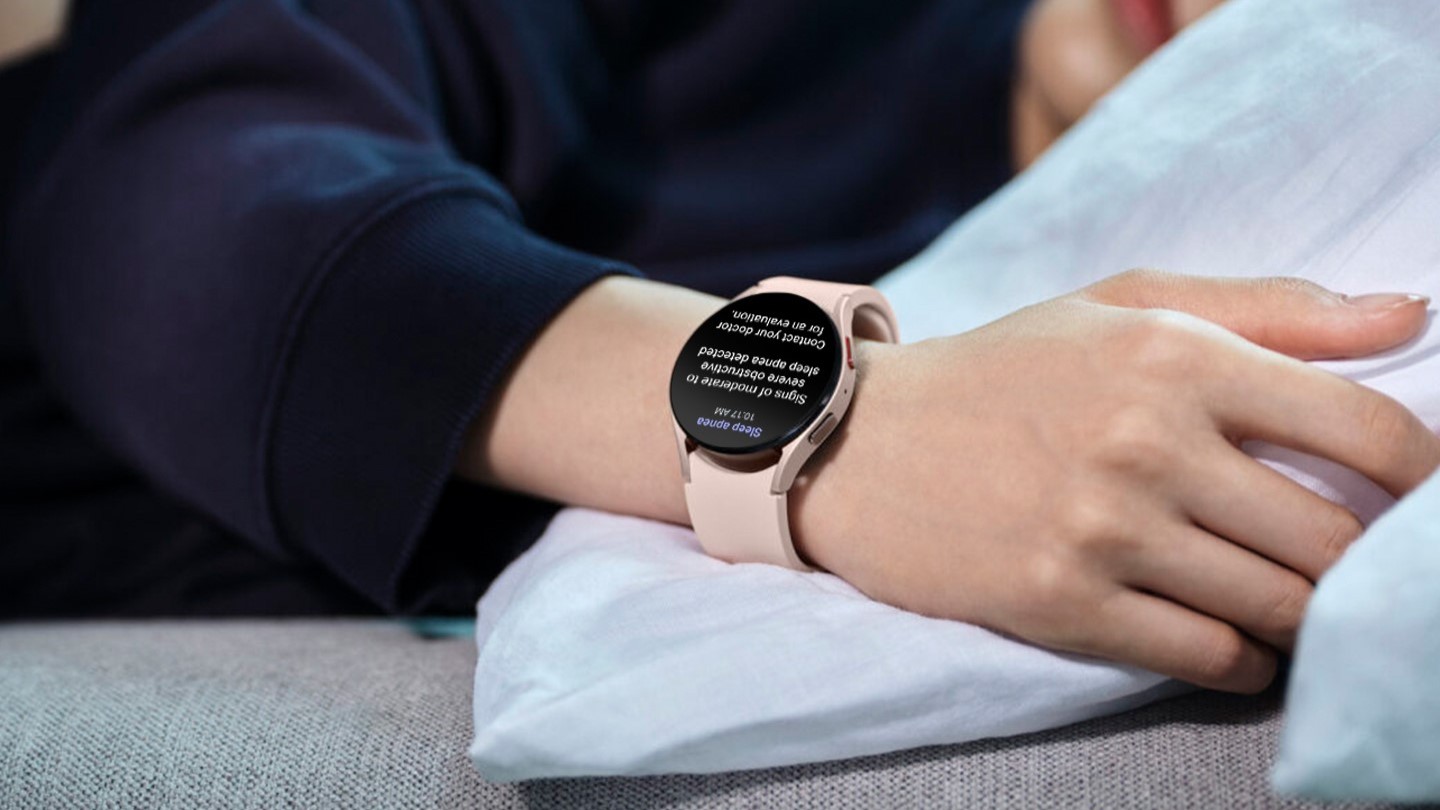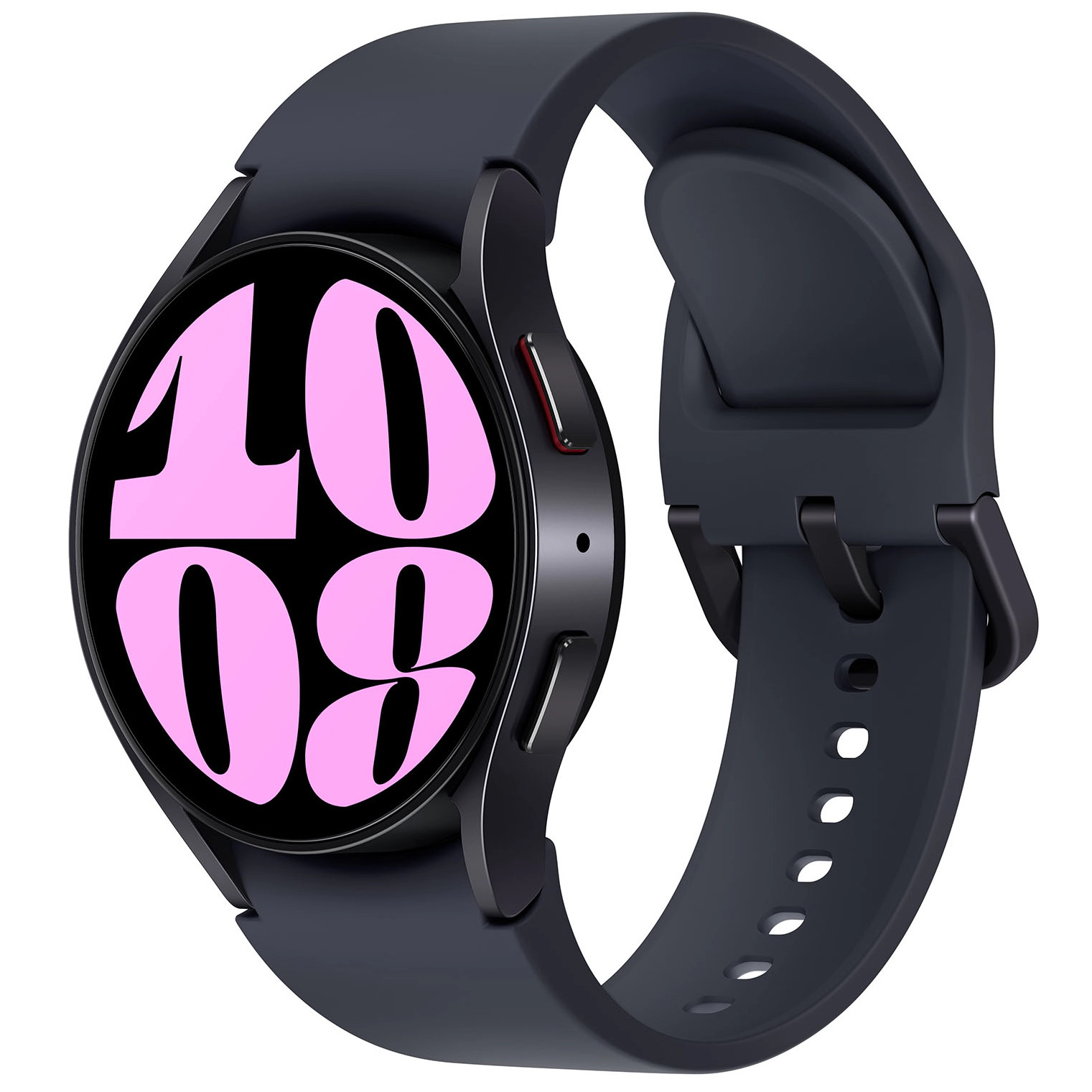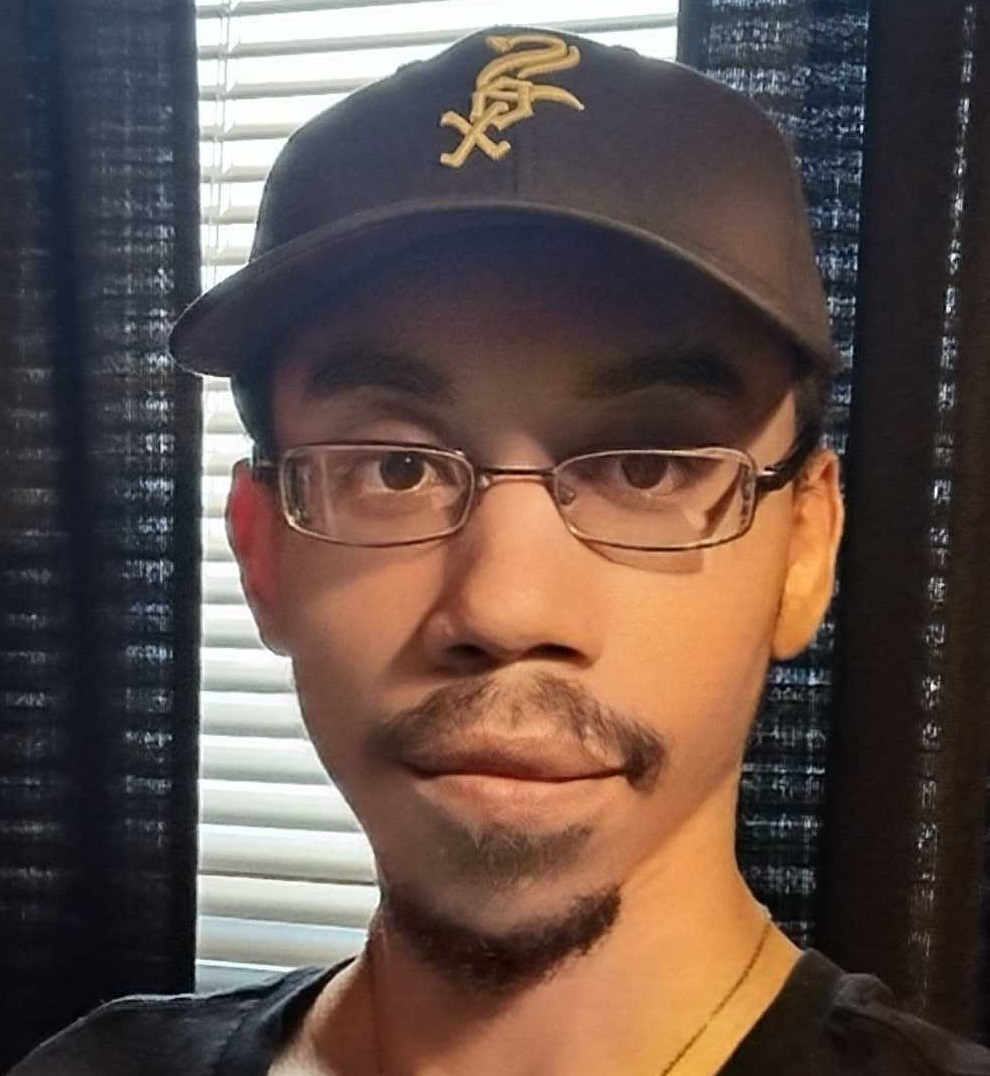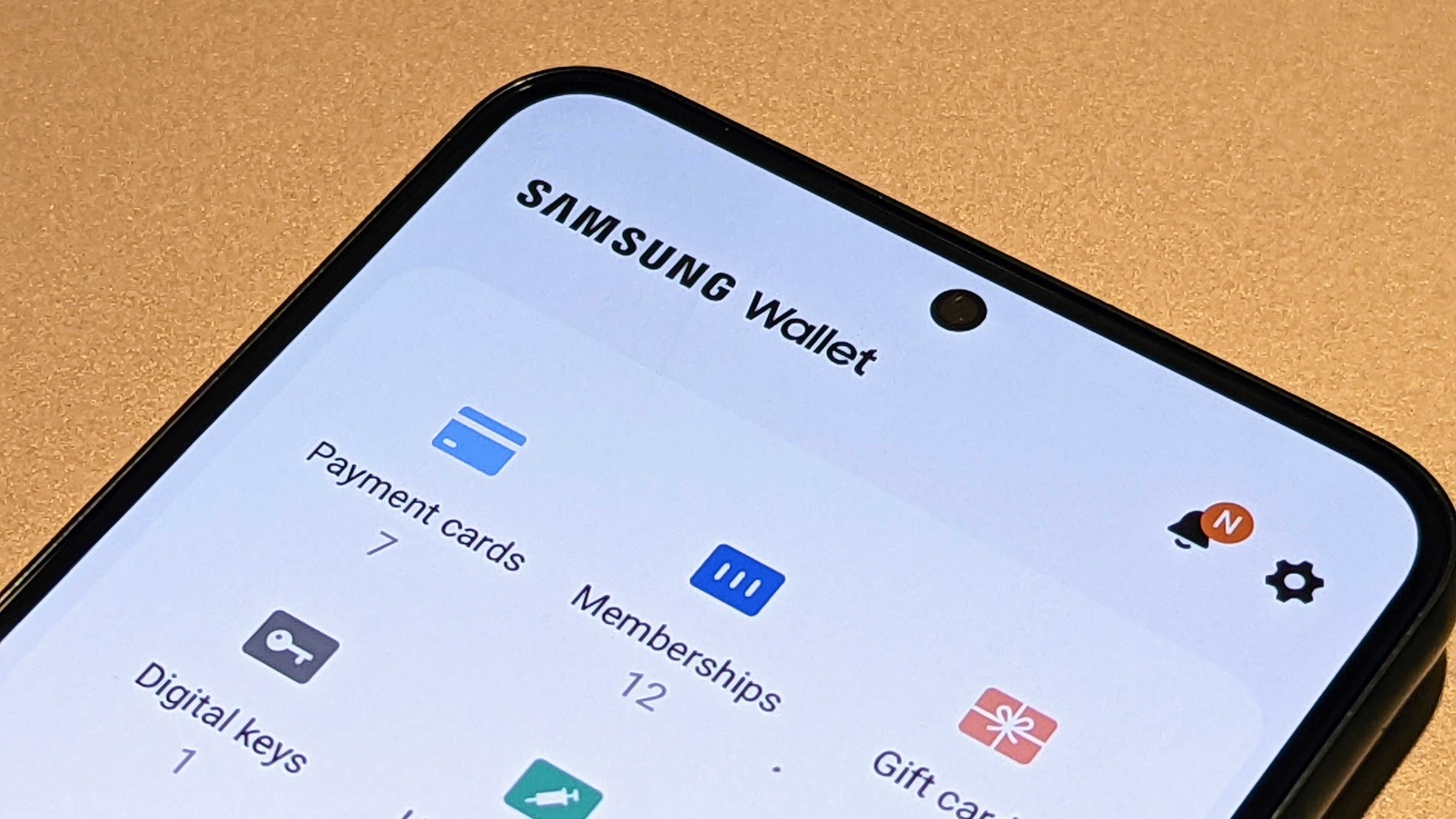Galaxy Watch to detect signs of sleep apnea as the FDA gives the all-clear
Approval in the U.S. follows a few months after South Korea.

What you need to know
- Samsung states it has cleared the FDA in the U.S. to bring its sleep apnea detection software to the Galaxy Watch.
- The feature will be available for users over the age of 22 and users must track their sleep for more than four hours within ten days.
- Samsung's sleep apnea detection is said to arrive during Q3 2024 on the Galaxy Watch series.
Samsung is preparing to bring its sleep apnea detection software to the U.S. as it receives approval from the Food and Drug Administration (FDA).
According to Samsung, the feature can "detect signs" of sleep apnea whenever a user is wearing a compatible Galaxy Watch with a Galaxy phone. Once it arrives, users over the age of 22 can detect signs of "moderate to severe" OSA (obstructive sleep apnea). The company adds that while this is intended to be used whenever a user desires, it is not intended for those who've been previously diagnosed with sleep apnea.
Samsung states that to function properly, a user must wear their watch to bed twice to track a sleep period that lasts longer than four hours over ten days.
Left untreated, sleep apnea is said to increase the risk of cardiovascular diseases such as hypertension, heart failure, cardiac arrhythmia, and more. Samsung informs that its sleep apnea feature for the Galaxy Watch series will arrive in Q3 2024.
Users should be able to access it through the Samsung Health Monitor app. The company also warns its sleep apnea detection will vary depending on a user's carrier, device model, and paired phone.
More specific information regarding which watches and phones are supported should be made available during Samsung's intended release timeframe.

In October 2023, South Korea's Ministry of Food and Drug Safety cleared Samsung's sleep apnea detection for the Galaxy Watch series. The feature was said to roll out to users in the company's native country "early" in 2024. Samsung explained that the feature would piggyback off the Galaxy Watch's BioActive Sensor for its potential sleep apnea warnings.
Be an expert in 5 minutes
Get the latest news from Android Central, your trusted companion in the world of Android
The software will monitor a user's blood oxygen levels through the night and identify any potential warning signs from the change in values.
Samsung has continued to bring worthwhile health-focused features to users, like its irregular heart rhythm notifications. That feature cleared the FDA in the U.S. in May 2023, working in the background to monitor a user's heart for potential signs of AFib. If your Galaxy Watch notified you, it would also encourage you to conduct an ECG on the device for a more accurate reading.
The feature rolled out with the One UI 5 Watch update for the series last year.

If it ain't broke...
Samsung's Galaxy Watch 6 took much of what users enjoyed about its predecessor and improved on it. A much brighter display and small boosts to its Exynos chip make the Watch 6 faster and more immersive. The device also features strong health-oriented features to help users stay on top of their well-being.

Nickolas is always excited about tech and getting his hands on it. Writing for him can vary from delivering the latest tech story to scribbling in his journal. When Nickolas isn't hitting a story, he's often grinding away at a game or chilling with a book in his hand.
-
Mooncatt Sorry, but I won't trust any "at home" OSA testing device. I'm currently fighting a federally mandated medical exam result as part of keeping my CDL intact, so this article hits close to home. The examiner works for a company that is known to push drivers into sleep studies, who wrongly reported one of my measurements to put me over a risk threshold. I was required to do a sleep study to keep my med card, and they conveniently had pamphlets for companies that offer at home studies.Reply
Basically you wear something akin to an oversized watch that has a microphone and finger clamp pulse ox meter. These companies have a reputation for false positives and requiring drivers do get on CPAP machines. Far too often those results are overturned by a true sleep lab study. I haven't yet been through this pending a second opinion physical, and don't expect to need it.
I say all that to make this point: If supposed medical equipment for at home studies are not reliable, why should I believe a relatively simplistic smartwatch? For one, it relies on the pulse ox detection, which can be wildly inaccurate on a watch. Second, the article claims Samsung warns that detection can vary based on things like the smartphone it's paired with and your carrier. Please tell me that I'm not the only one that saw red flags at that claim.
I think this is yet another case of over-diagnosis, where companies have profit motives to find new ways to make you think you're sick. No one is in absolute perfect health, and advancements in detection are making it so smaller and smaller imperfections are detectable. Imperfections that are nowhere near problematic and often resolve on their own, but the so called professionals treat it with the same aggression as a full blown disease, pressuring people into unnecessary and sometimes harmful treatments. From what I've been learning about OSA, I see many of the same hallmarks going on.
If you are concerned you have OSA, talk to your doctor, and not Dr. Watch. They can do screening for it and give you more accurate advise. If you do want to go your own way, then at least start with what's called the Stop Bang Assessment. The medical examiner only looked at BMI and neck size (which was over reported) and assumed the worst. My general practitioner ran the Stop Bang on me with the correct measurements plus the screening questions, and I fall into the low risk category. You can find that assessment online to do at home. Basically if you are not falling asleep during normal waking hours, not excessively snoring, have normal blood pressure, etc, then you're probably ok.
